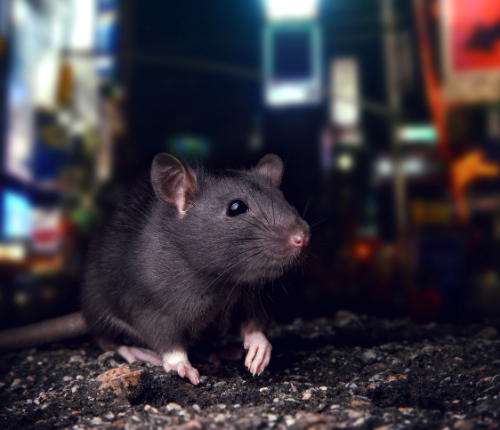Quiet streets are contributing to a rise in rats
As if there isn’t enough to contend with!
As restrictions around Covid continue to tighten, one unsurprising but under-reported result is an increase in the number of rats that seemingly want to access homes across the country.
This year saw a mild winter, which extended the breeding season for the brown rat, Britain’s most common rat.
Now, with the high streets across much of the country facing up to a new round of trading restrictions, the traditionally common hunting grounds for rats – our back alleyways, where food waste lies out overnight (even when in commercial bins) – are providing poor pickings for this enlarged population.
The result is that hungry rats are roaming further afield in search of rich pickings.
Increased call outs
There is a reported 22% increase year-on-year in call outs to deal with rats in domestic properties in London alone.
It’s a trend we’re seeing repeated here in Central Scotland; albeit thankfully to a lesser extent… so far.
But as the weather gets colder, rats will seek out easier sources of food and doors left open for a minute or two, small cracks in masonry, or unrepaired holes under rafters can all provide access.
What to look out for
Remember to look out for giveaways that rats have been ‘casing’ your home, and call us immediately at the first sign of:
- Smears left on pipes, entry points and on “runs”, which are left by the natural oil in the rodent’s skin
- Rodent tracks in dusty areas
- Urine pillars that appear, made of piles of dust, debris and urine combined
- A new stale odour
- Gnawed materials
- Teeth marks on food or wood
Remember, we can deal with the infestation quickly and effectively.
One final thought. We think it was added for dramatic effect, but the press photo suggestion that rats were entering homes in London using toilets is theoretically possible – they are good swimmers. If not their most probable route, it isn’t impossible – so perhaps take to leaving the toilet lid down.

